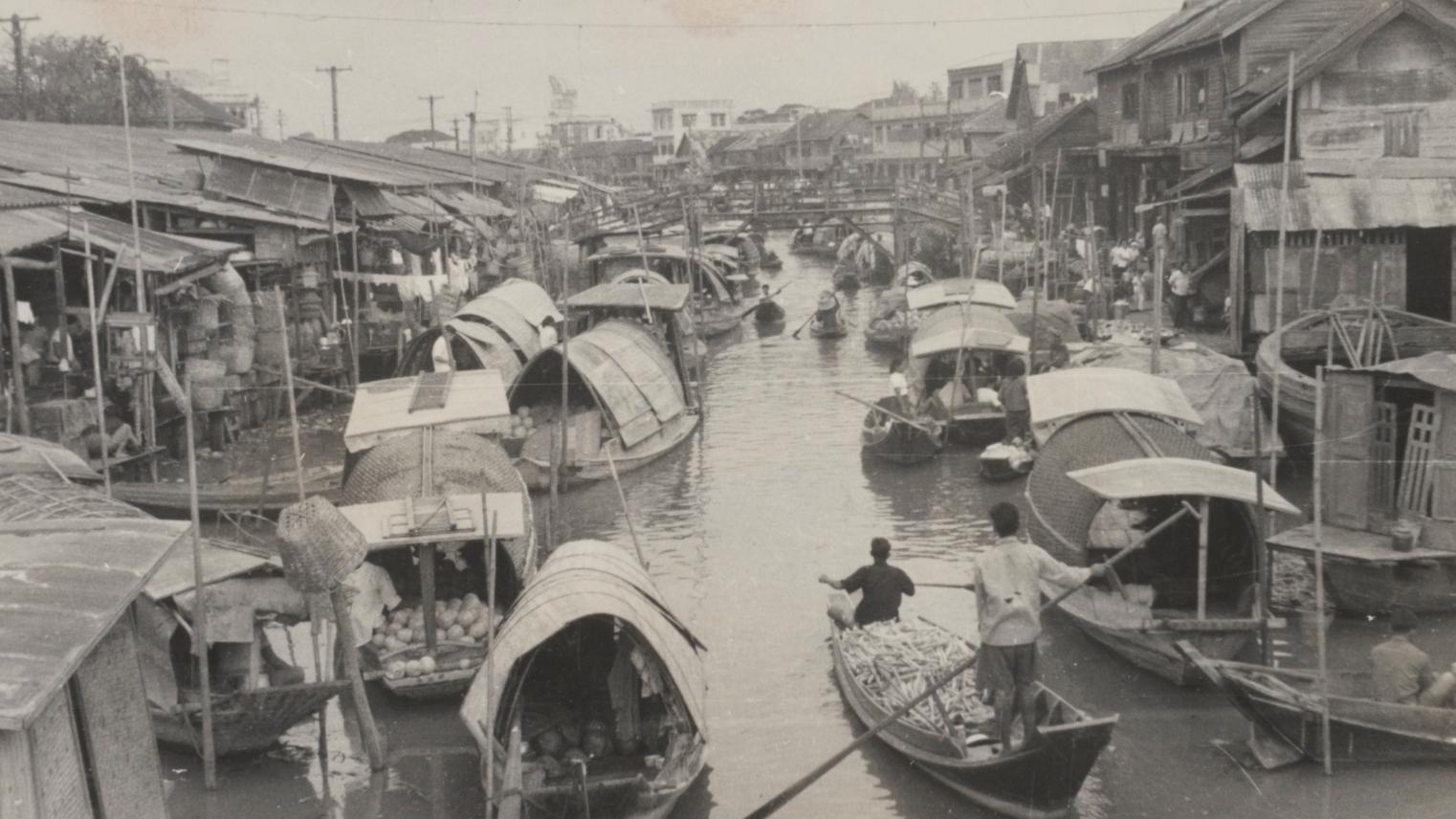Joint Seminar between The Australian National University (College of Asia and the Pacific) and Kanagawa University (Center for Asian Studies)
‘Community’ is a keyword with a broad and varied meaning and has historically been the subject of much discussion within various academic fields. It is not only an analytical term and a multidisciplinary concept, but also a target of state administrative governance, historically as an entity with fixed geographical boundaries.
The traditional concept of community, which assumes homogeneity and boundaries, has been transformed and re-thought within processes of deepening globalisation and modernity, including the increasing migration of people, neoliberalism, and the rise of new media, especially since the end of the 20th century. Amid these new developments, we need to reconsider community as a product of dynamic social and historical change.
After recognising the various ways in which ‘communities’ are used and invoked, we will also focus on the community as an assemblage of diverse entities, each containing contradictions and conflicts, and as a collection of loose relationships of mutual influence that constantly change according to location and historical context.
Specifically, some of the following indicative questions could be considered focal points. (1) What practices and what kinds of people constitute communities? (2) In what kinds of places and through what language, means of communication, and material objects are communities constituted? (3) In what historical and contemporary context are communities constituted? (4) What changes have been observed in the constituent components of the community? (5) How are communities changing?
By focusing on some of the above questions and examining specific cases from each region, we aim to rethink the traditional concept of community, which assumes homogeneity and boundaries. In this joint seminar, the Australian National University and Kanagawa University will present a variety of topics related to communities in the wider Asian region. We hope that this will provide an opportunity to reconsider the historical, contemporary, and regional diversity of communities.
This joint seminar is supported by the Department of Political and Social Change, Coral Bell School of Asia Pacific Affairs, the Southeast Asia Institute, the Japan Institute, at the Australian National University (ANU), and a joint research project group of the Center for Asian Studies, Kanagawa University.
Image: Floating market (Bangkok,1958), Data No. X0273614, Archives of the Japan’s First Comprehensive Study of Rice Farming Cultures in Southeast Asia: Photographs of Thailand, National Museum of Ethnology, JAPAN.
Timezone
1.00-5.15pm (AEDT), 11.00am-3.15pm (JST)
Program
- Chair: Nick Cheesman, Head of the Department of Social and Political Change, Coral Bell School of Asia Pacific Affairs, ANU
Opening Remarks
1.00-1.10pm Opening Remarks
- Nick Cheesman, ANU
1.10-1.20pm Introduction and Purpose
- Ryo Takagi, Visiting Fellow, ANU, and Kanagawa University
Session1
1.20-1.50pm Cultivating the Land as an Indigenizing Project in Okinawa
- Megumi Chibana, Kanagawa University
1.50-2.20pm 'Hong Kong People Should Use Hong Kong Products': A Discursive History of ‘Hong Kong People’ and ‘Hong Kong Products’ in the 1950s–1960s
- Hiroshi Murai, Kanagawa University
2.20-2.30pm Comment
- Tamara Jacka, Emeritus Professor, ANU
2.30-2.50pm Q&A and Discussion
2.50-3.20pm Break
Session2
3.20-3.50pm Japanese Women’s Experiences of Multi-ethnic Communities in Manchukuo
- Mayuko Itoh, ANU
3.50-4.20pm Exploring Shan State-Building and National Expectations, Comparing the Cold War and Today
- Jane Ferguson, ANU
4.20-4.30pm Comment
- Hidekazu Sensui, Director of the Center for Asian Studies, Kanagawa University
4.30-5.00pm Q&A and Discussion
Closing Remarks
5.00-5.15pm Closing Remarks
- Craig J. Reynolds, Honorary Professor, ANU
